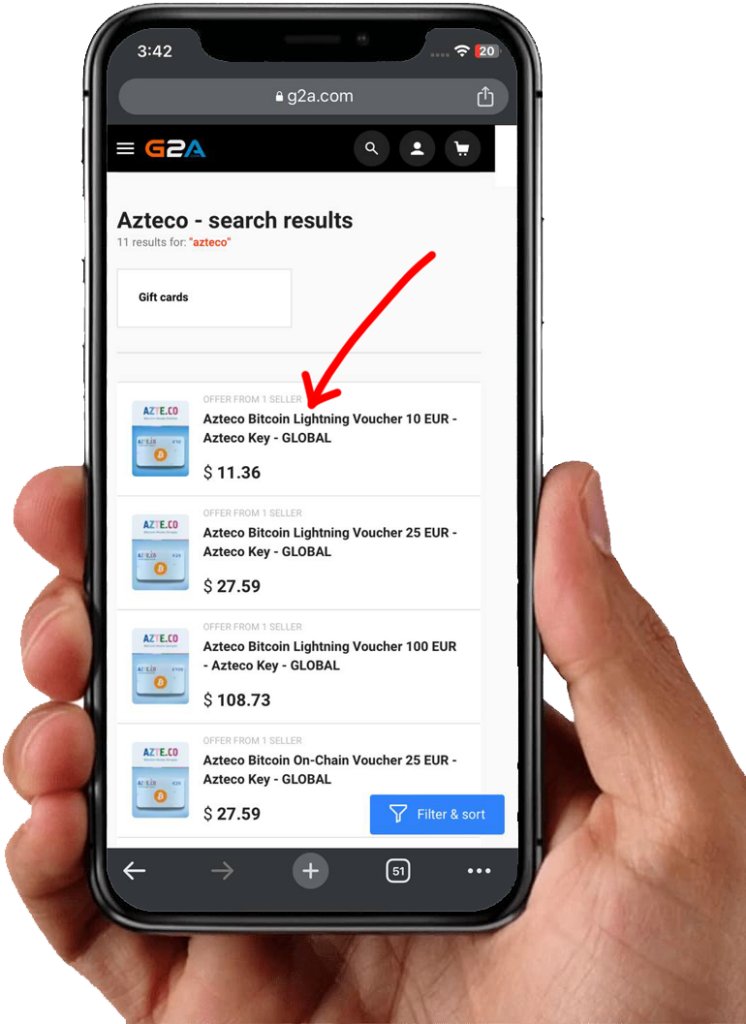Weed for sale contains over 100 different chemicals known as cannabinoids. Each has a unique effect on the body. The most common cannabinoids used in medicine are delta-9-tetrahydrocannabinol (THC) and cannabidiol (CBD). THC is also responsible for the “high” that people experience when they smoke weed or consume weed containing foods.
Weed for sale is legal in 37 states, the District of Columbia, and four U.S. territories in the United States. Similarly, all 50 states have laws that limit THC content while allowing access to CBD rich products, a non psychoactive component of cannabis.
The use of the whole, weed plant or its basic extracts to treat symptoms of illness and other conditions is what you call as medical marijuana.
Weed for sale has not been recognized or approved as a medicine by the United States Food and Drug Administration (FDA). However, scientific research into the chemicals in weed known as cannabinoids has resulted in one FDA-approved weed containing cannabinoid chemicals in pill form. More medications may be developed as a result of ongoing research.
Many people argue that weed for sale should remain legal for medical purposes because it contains chemicals that may help treat a variety of illnesses and symptoms.
FORMS OF WEED
People used to have to smoke the flower to get the benefits they desired but weed use has come a long way in recent years. Many people now have the option of taking weed for sale pills, spraying, or inhaling it, or eating gummies and candy. When using cannabis for medical purposes, these methods of ingestion allow for more consistent dosing. Topical medical weed for sale treatments, such as creams and patches, are also available.
Eating the raw cannabis plant will have no effect because the compounds within must be processed before they become bioavailable. Cannabis compounds become active in the human body only after a process known as decarboxylation.
HOW IT WORKS
THC enters the bloodstream whether weed for sale is smoked, ingested, or applied. When it reaches the brain, it interacts with and influences cannabinoid receptors, which are specific sites on nerve cells. These receptors are found in areas of the brain that control thought, memory, mood, coordinated movement, time, and sensory perception.
SIDE EFFECTS
Weed for sale has various effects depending on how you use it. If you smoke it, users may feel the effects within seconds to minutes of inhaling, with the full effects typically plateauing within 30 minutes. If take as an edible, the effects may take up to two hours to be felt. When you eat cannabis rather than smoking it or vaping, the effects usually last longer.
Weed for sale comes in a variety of strains with varying compositions and concentrations of compounds that can affect you differently. In general, cannabis has an effect on both the body and the mind. Cannabis has the following potential side effects:
- Sedation and relaxation
- increased hunger
- excitement and mood elevation
- reduction in coordination
- improved sensory perception
- elevated heart rate
- reduced blood pressure
WEED CARD
In most states, the first step toward obtaining weed card is to speak with your primary care physician about your desire to obtain a marijuana card. Your eligibility will most likely rely on whether you have a medical condition with one of the qualifying conditions in your state. Some states have a short list of conditions that qualify a patient for weed card. Others, such as California and Texas, have a broader interpretation of what qualifies you for weed card.
QUALIFICATIONS FOR WEED CARD
Your doctor can advise you on which conditions qualify in your state, but most states approve weed for the following conditions:
- Cancer
- Celiac disease
- Glaucoma
- Migraines
- Seizure
- Anorexia
- Serious nausea
- AIDS and HIV
- Neurodegenerative diseases that are incurable
- Others
Speaking with your doctor about using weed to treat these conditions allows them to warn you about any potential side effects, risks, or contraindications with your current medications. Your doctor may approve you to obtain a card after a thorough discussion of the pros and cons.
FOLLOW UP
Some states require you to sign up for their registry after receiving a prescription or physical card. Proof that your doctor has prescribed or recommended weed to help you manage your symptoms is required as part of the registration process. You’ll most likely need to create an online account in order to apply with your doctor’s approval attached.
You should be aware that getting a weed card will almost certainly cost you money. Prices differ by state and may be related to your doctor or the registration process.
FINAL THOUGHTS
Now that you have a better understanding of weed, it is time to take the first step. Consult your primary care physician or another licensed physician to determine whether weed is appropriate for you. Then, adhere to all state guidelines and regulations in order to obtain a card and legally register yourself online.





















































